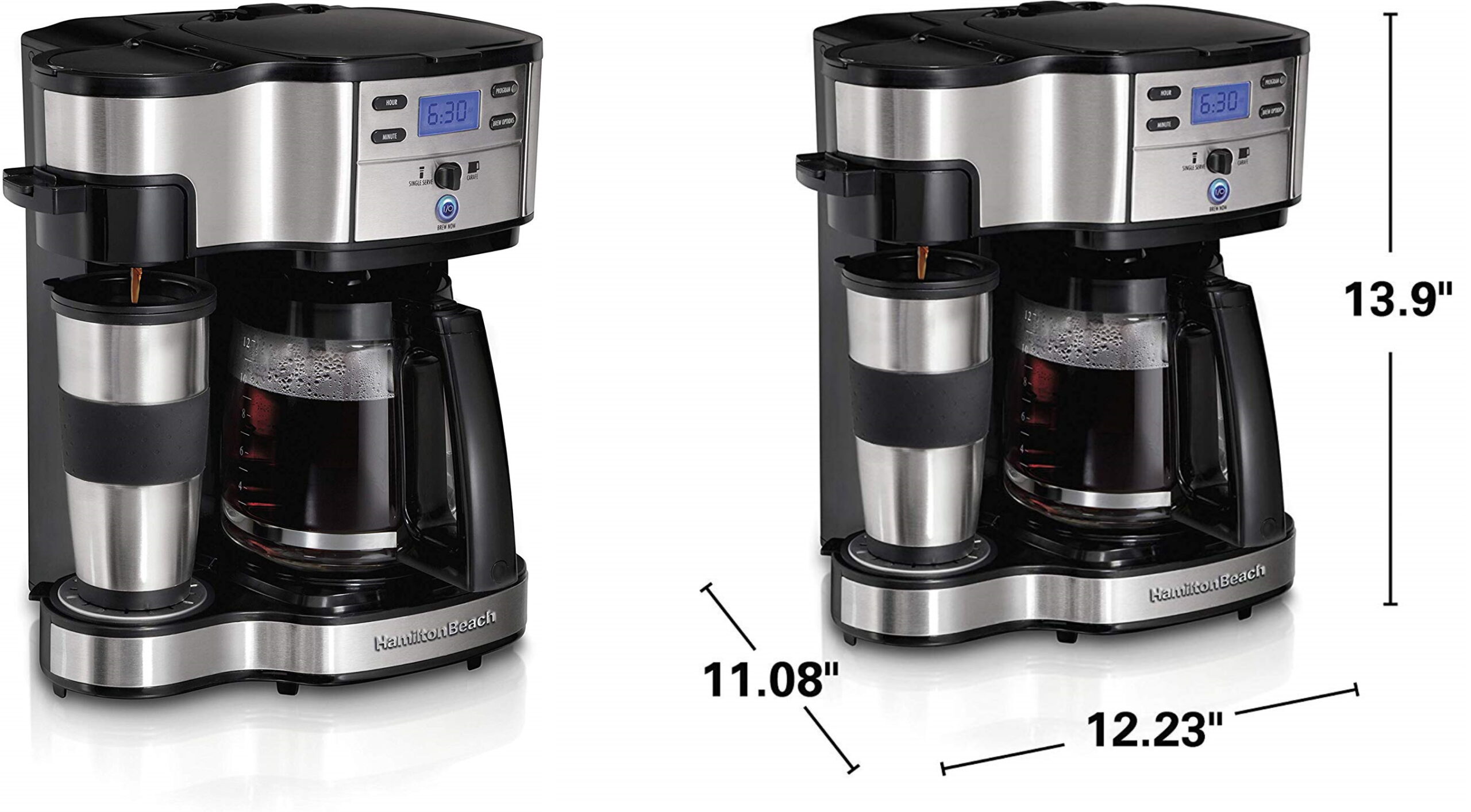For the year 2020, the Federal government made adjustments to supplemental Medicare plans that people are eligible for. The Medigap Plan C and Plan F are now unavailable, however, these changes would only be applicable to those who would join Medicare this year. Depending on your medical needs, you might want to consider getting a Medicare Supplement Plan.
While private companies like Humana offer Medicare Supplement plans, they are still regulated by the Federal government.
Recent Changes in Medicare Supplement Plans
If it is your first time enrolling in Medicare, these insurance providers can no longer reject your application or place a higher price for your pre-existing condition. However, your enrollment should be within the seven-month initial enrollment period (IEP). Otherwise, insurers can deny you or charge a higher rate because of your present condition. It would be best to buy a plan when first enrolling in Medicare, to be safe.
Your Options
Most supplemental insurance plans provide almost similar generic benefits. Some have additional benefits, and you should go for them if these fit your needs. All plans are standardized except for the states of Massachusetts, Wisconsin, and Minnesota since they follow their own policies when it comes to supplemental insurance. What makes one different from another then? Experts share that the difference often lies in the deductibles and cost-sharing options. Given these reasons, it is vital to assess the current situation to know which plan would suit your needs best and which plan you can afford.
What You Should Consider
Medicare’s comparison chart highlights the healthcare expenses that must be covered by supplemental insurance. Your consideration should focus on items that can impact your costs, which includes:
- 20% share of doctor visits expenses
- 20% share of laboratory testing and various outpatient services costs
- Hospital admission deductibles
- Hospital stays coinsurance expenses
It would also be wise to take into consideration other factors as well. Note that while some plans cover the entire cost of the Part B coinsurance, Plans K and L come with a much higher cost-sharing and an out-of-pocket limit. In this case, when you already cover the cost of the said amount, they would shoulder the entire cost of the service for the remaining days of the year. The limit for the plans changes based on inflation.
The Cost
Medigap coverage has higher monthly premiums compared with Medicare Advantage. But, they also offer lower out-of-pocket costs. Often, the pricing would depend on where you are currently living, and on these three pricing systems:
- Community-Rated Pricing: This costing means that all those who have the policy pay the same amount, without taking into consideration their age.
- Issue-Age Rated Pricing: The monthly premium that you have to pay would be based on your age when you first bought the policy. As such, when you buy a plan when you are younger, you also pay for a lower premium. Premium increases in the future would not depend on your age.
- Attained-Age Rated: The premium that you have to pay monthly would depend on your present age and can increase as you increase in age as well.
That said, it would be better to ask supplemental insurance providers what pricing system they are using so you would know what to expect when it comes to payments.
Dealing with a Broker
Medicare is a confusing area to tackle. That’s why it would be best to work with an insurance broker to help you out. Since they cannot take a commission based on the policy that you choose, you don’t have to worry about paying for a higher premium when you work with an expert in Medicare. So, you really don’t have anything to lose when you talk with an insurance broker. In fact, you have much to gain because they give you a thorough explanation of what you can and cannot do when it comes to Medicare coverage. They are the best people to introduce you to the many plans and assess which ones are a good fit for your needs.
Make sure, though, that you are working with an independent broker, so they do not have any bias towards a specific insurance provider.
Finding the right provider for supplemental insurance becomes even more important as you approach retirement. Some companies stop healthcare coverage as soon as you retire, so it is best that you know what other insurance options you can have that can supplement your Medicare plan.Ultimately, the additional insurance is meant to help you live a better and healthy life — isn’t that what we all want at the end of the day?
Image credit: https://pixabay.com/photos/young-woman-girl-lady-female-work-791849/





Comments are closed.